#tara fitzgerald
Text
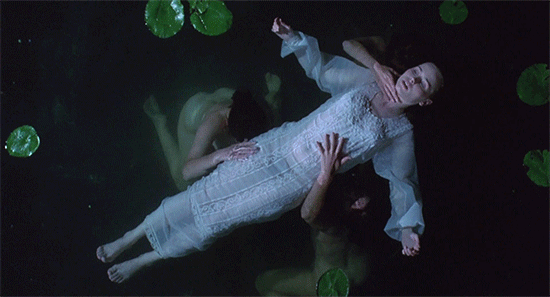
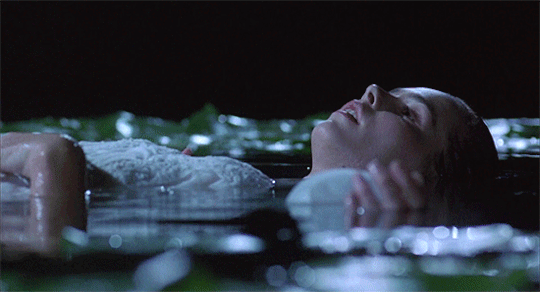
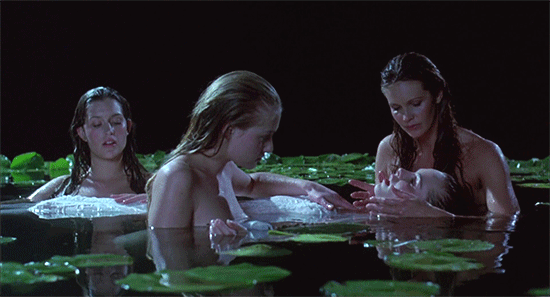
Sirens (1994)
#sirens#sirens 1994#john duigan#tara fitzgerald#elle macpherson#portia de rossi#kate fischer#wlw#water#pond#swimming#mermaid#siren#ophelia#mis gifs
5K notes
·
View notes
Text
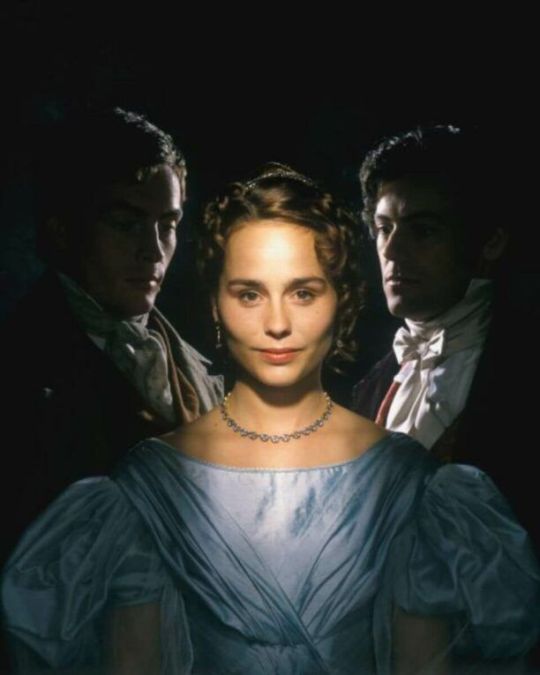
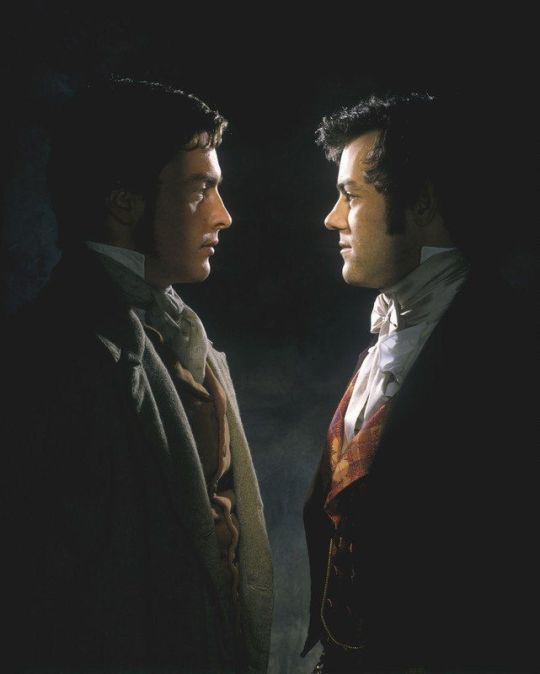
"The Tenant of Wildfell Hall" 1996 version starring Tara Fitzgerald, Toby Stephens and Rupert Graves.
#the tenant of wildfell hall#anne bronte#the tenant of wildfell hall 1996#tara fitzgerald#toby stephens#rupert graves#helen hundington#gilbert markham#arthur hundington#period drama#classic literature
92 notes
·
View notes
Text
Goncharov, the rare 1998 BBC 3-part TV miniseries. In order: Colin Firth as Goncharov, Kristin Scott Thomas as Katya, Rupert Graves as Andrey “The Banker” Daddano, Tara Fitzgerald as Sofia, Christian Bale as Mario Ambrosini, and Anthony Hopkins as Joseph “Ice Pick Joe” Morelli.


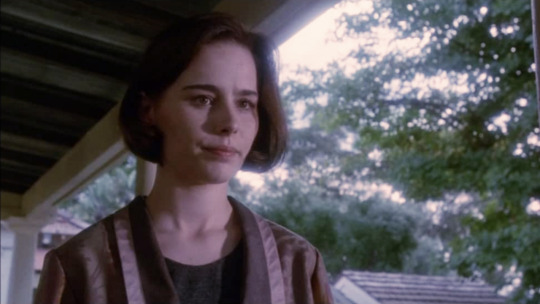

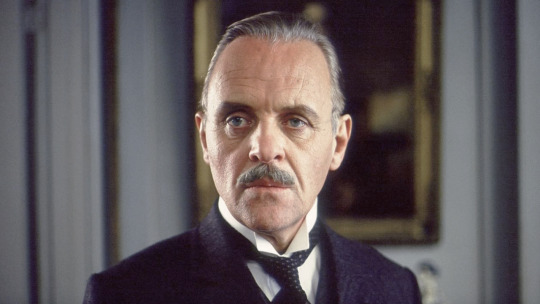
#goncharov#gonchposting#unreality#bbc tv#colin firth#kristin scott thomas#rupert graves#tara fitzgerald#christian bale#anthony hopkins#stills#forgive me for my atrocious editing skills
284 notes
·
View notes
Text
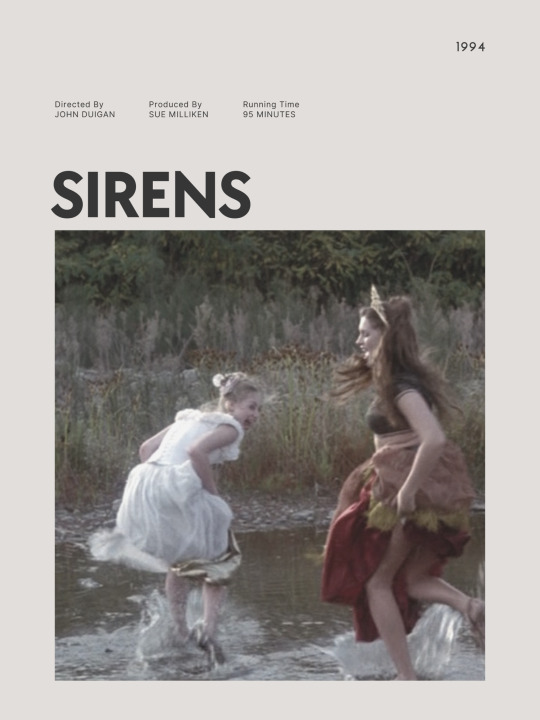
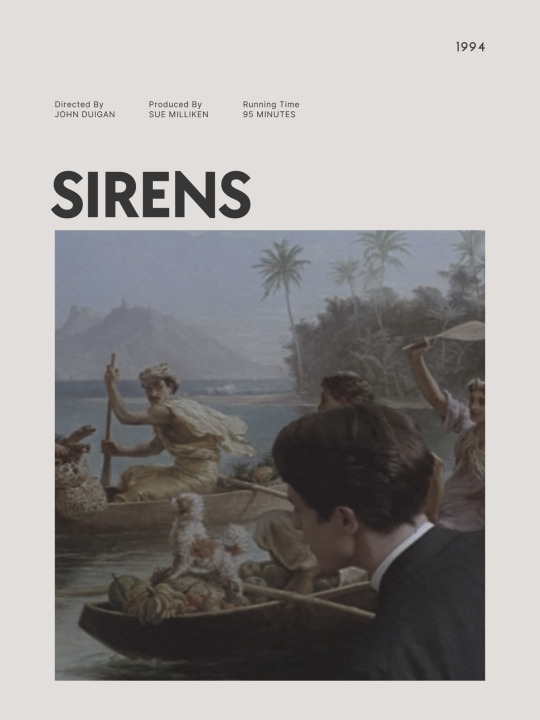
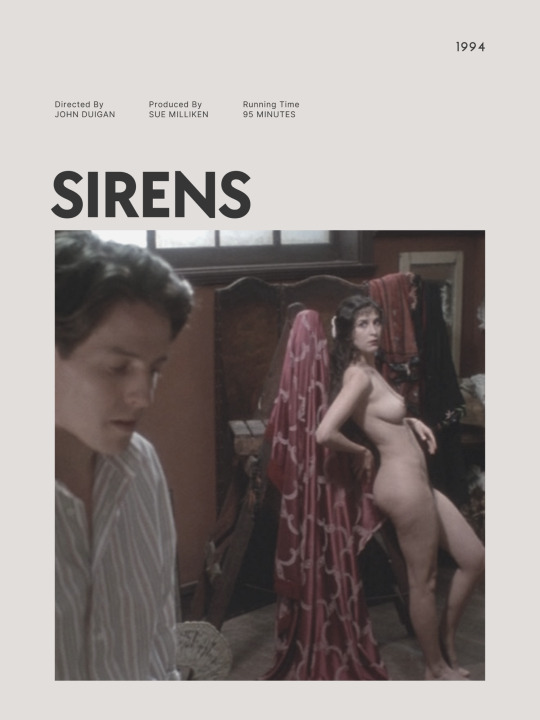
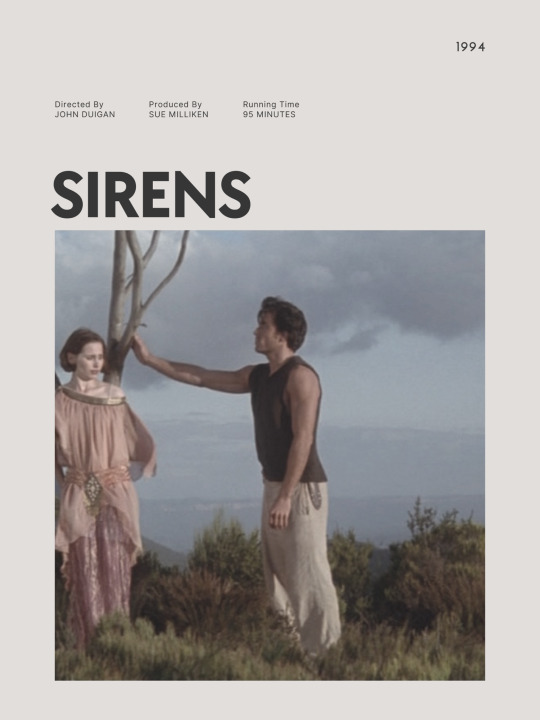
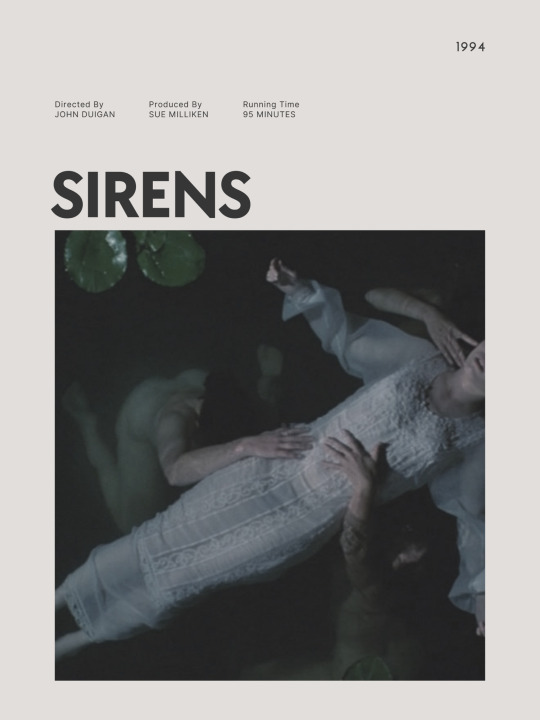

“Can’t love ever be a gentle thing? Yes, of course but there is a fierceness in desire, isn't there? In lovemaking? One of life's great conundrums.”
Sirens (1994)
#weloveperioddrama#perioddramasource#historicalwomendaily#rose lindsay#norman lindsay#pamela rabe#Hugh Grant#sam neill#portia de rossi#elle macpherson#tara fitzgerald#period drama#aesthetic#my aesthetic posts#polaroid film poster#90s
54 notes
·
View notes
Text


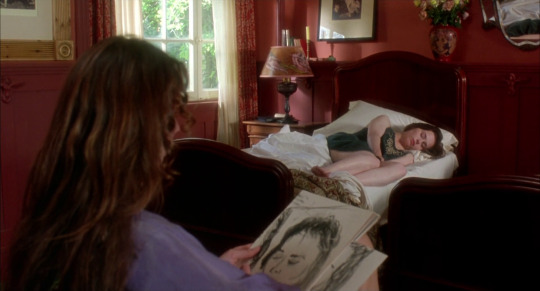
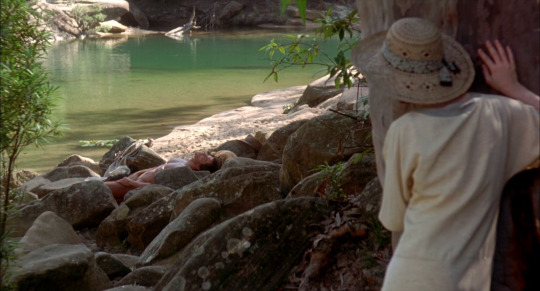
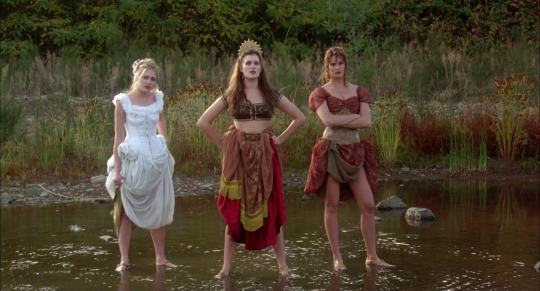
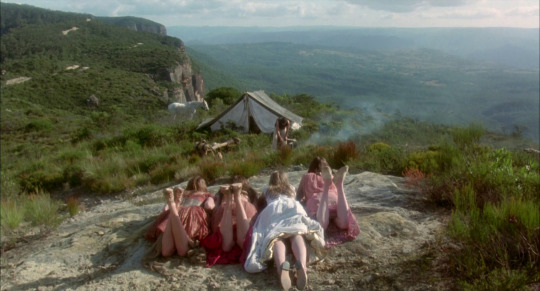
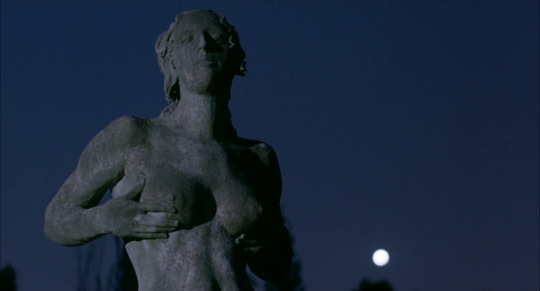
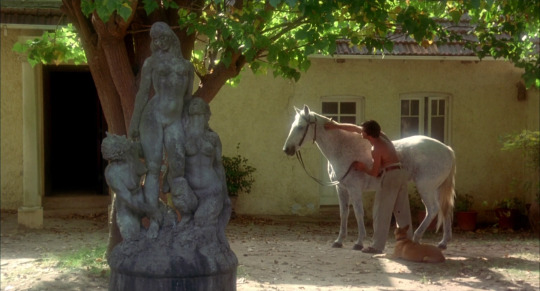
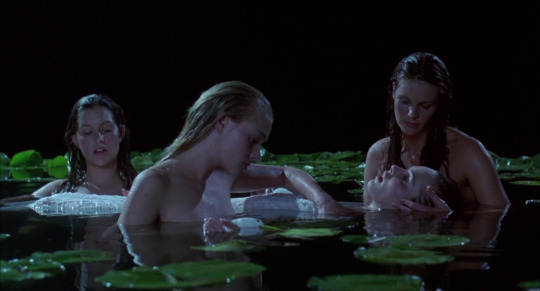
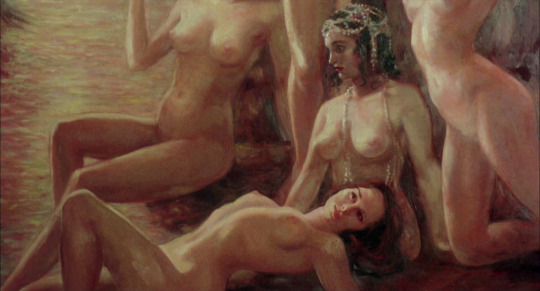
Sirens (1994) | dir. John Duigan
#sirens#john duigan#tara fitzgerald#elle macpherson#portia de rossi#kate fischer#mark gerber#films#movies#cinematography#screencaps
270 notes
·
View notes
Text

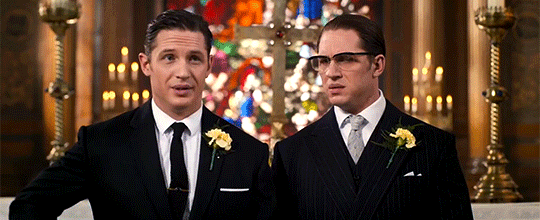
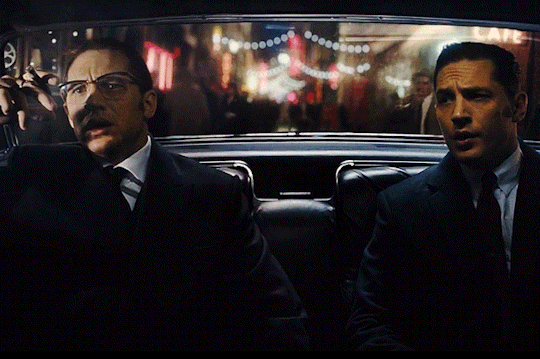
The way Tom Hardy plays his characters is absolutely unhinged, and absolutely brilliant.
I can’t say I liked this film because the story was insane, and true?! Which almost makes it worse - but it was brilliantly made and the acting was obviously incredible.
The way I only found out Emily Browning was also Australian recently has me shook, because we know home girl can act, I just didn’t know she was from home.
Watching films that make me feel, not good, is something I am new to and I have to balance it with happy things. Is this normal? I’ve just noticed that my mood gets sooo affected by what I consume. Like, it took me months to get through Peaky Blinders because it was just so heavy and disturbing.
It’s easier to take those breaks with television than film, because I hate hitting the pause button. It ruins the momentum of the film, so I avoid it as much as I can. This one was rough, and I had to take a long walk after watching it to clear my head.
Anyway, Tom Hardy can do no wrong.
#legend#tom hardy#emily browning#david thewlis#christopher eccleston#colin morgan#chazz palminteri#paul bettany#tara fitzgerald#taron egerton#duffy#reggie kray#ron kray#Brian Helgeland#john pearson#dick pope#carter burwell#merlin#bbc merlin
18 notes
·
View notes
Text
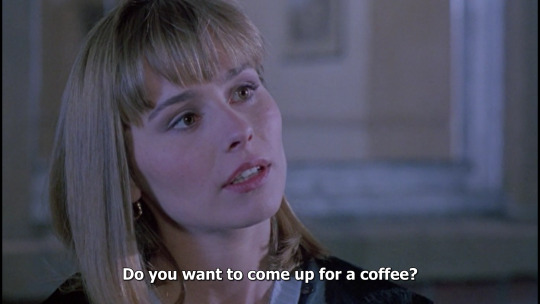



Brassed Off | Mark Herman | 1996
8 notes
·
View notes
Text
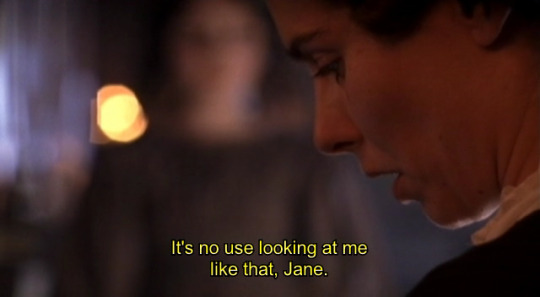
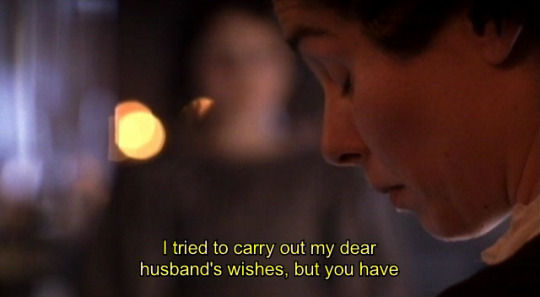
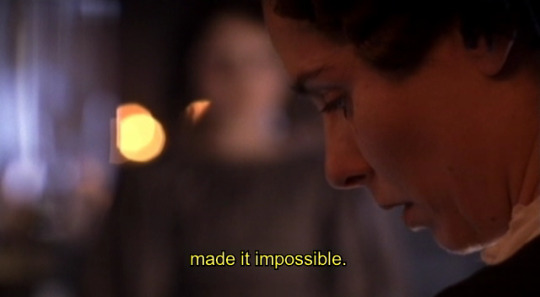


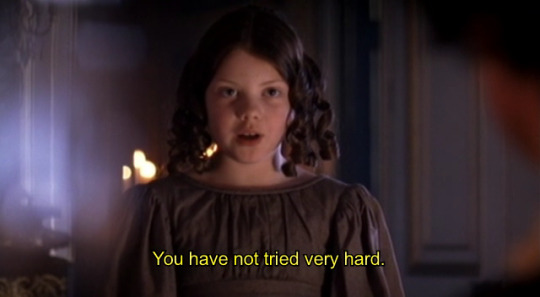
Jane Eyre, 2006
#drama#romance#jane eyre#susanna white#sandy welch#charlotte brontë#georgie henley#tara fitzgerald#family
7 notes
·
View notes
Text
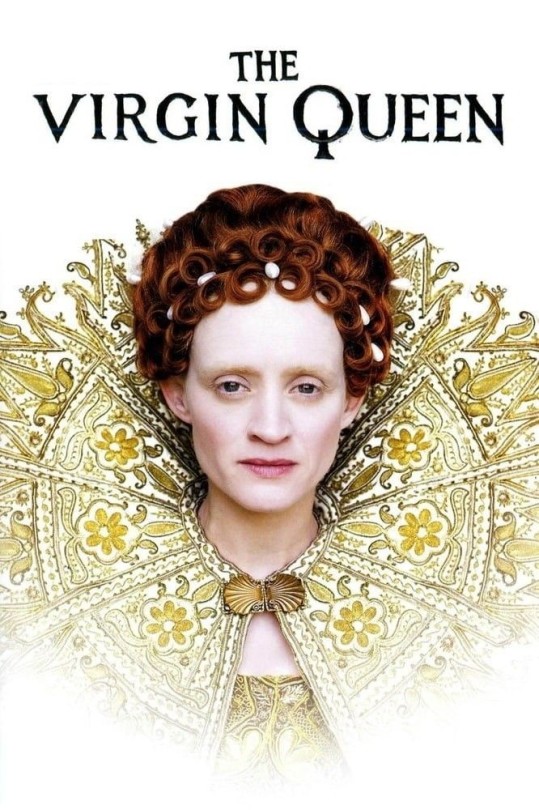

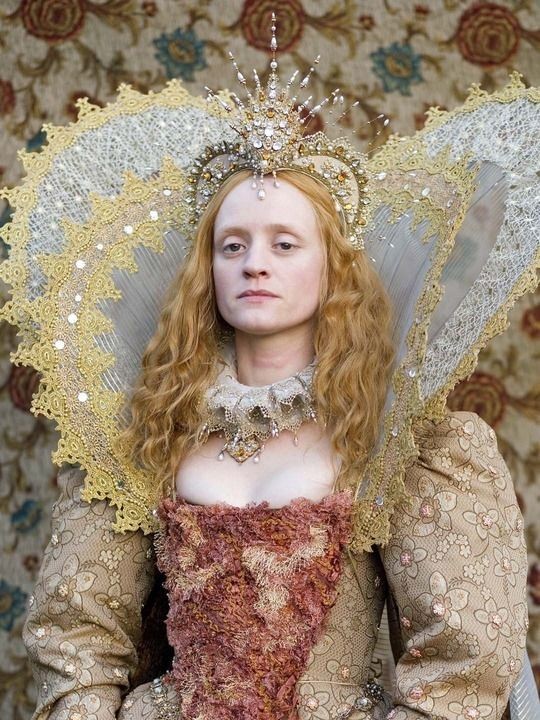


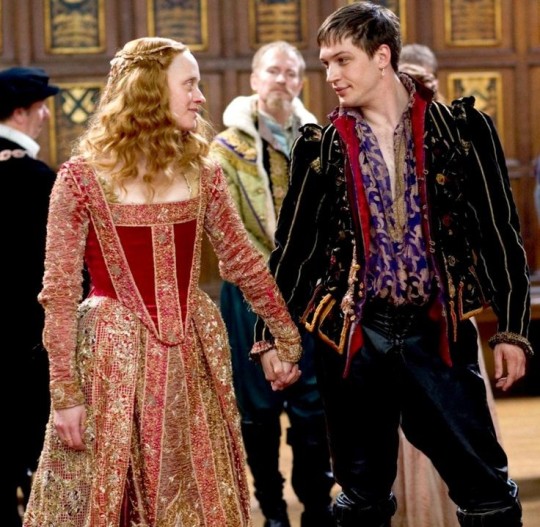
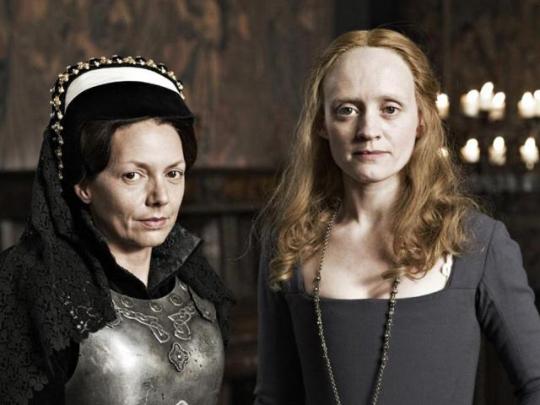
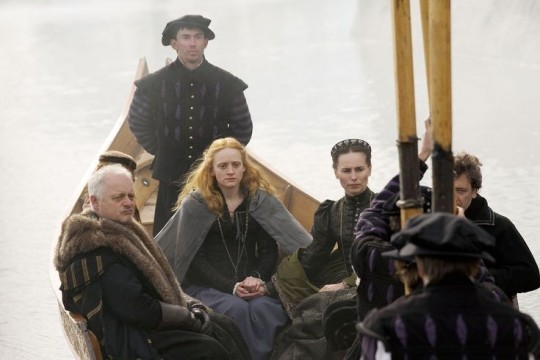

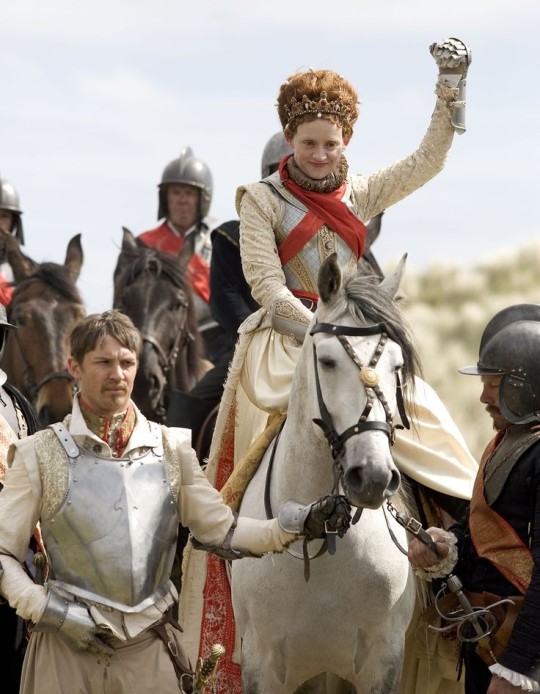
The Virgin Queen (2005)
dir. coky giedroyc
#the virgin queen#the virgin queen 2005#anne marie duff#tom hardy#sienna guillory#tara fitzgerald#joanne whalley#period drama#costume drama#miniseries
9 notes
·
View notes
Text
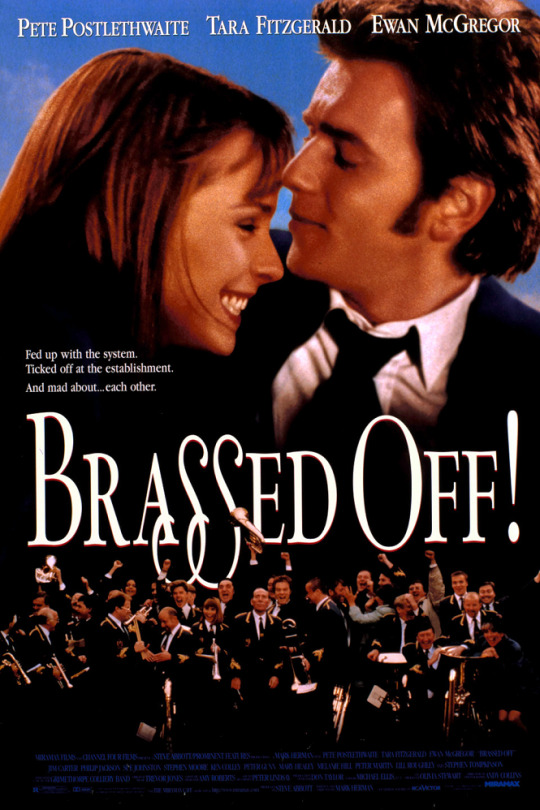
#movies#polls#brassed off#pete postlethwaite#tara fitzgerald#ewan mcgregor#mark herman#drama#ended#result: unheard of
3 notes
·
View notes
Text
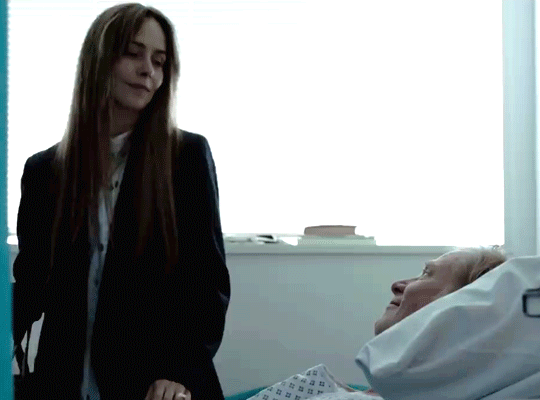

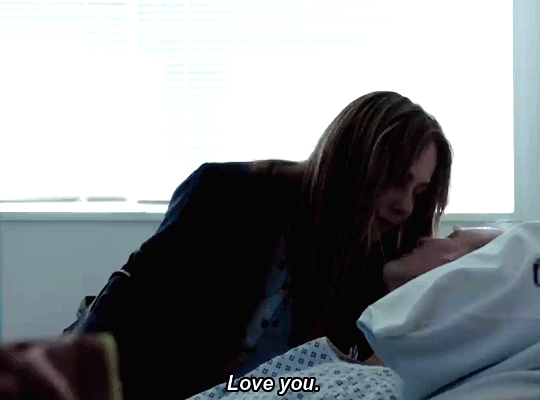
James Wilby Kiss Scenes: Salt (2019)
#James Wilby#James Wilby and Kissing#Tara Fitzgerald#Salt (2019)#Conrad#Margaret#I didn't even know they had names in this#A video he was only in the beginning of#That disappeared from the internet after I saved it
9 notes
·
View notes
Text
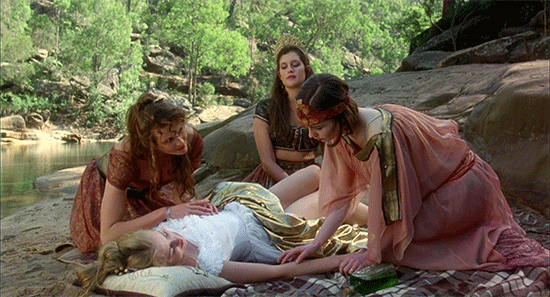
Sirens (1994)
#sirens#sirens 1994#john duigan#tara fitzgerald#elle macpherson#portia de rossi#kate fischer#wlw#mis gifs
264 notes
·
View notes
Text

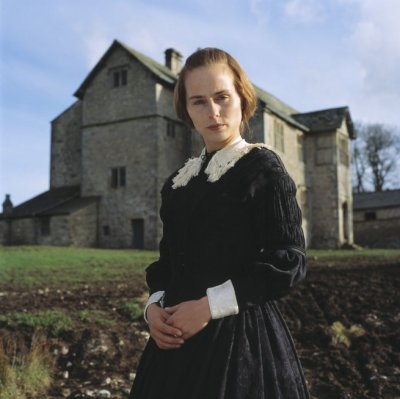
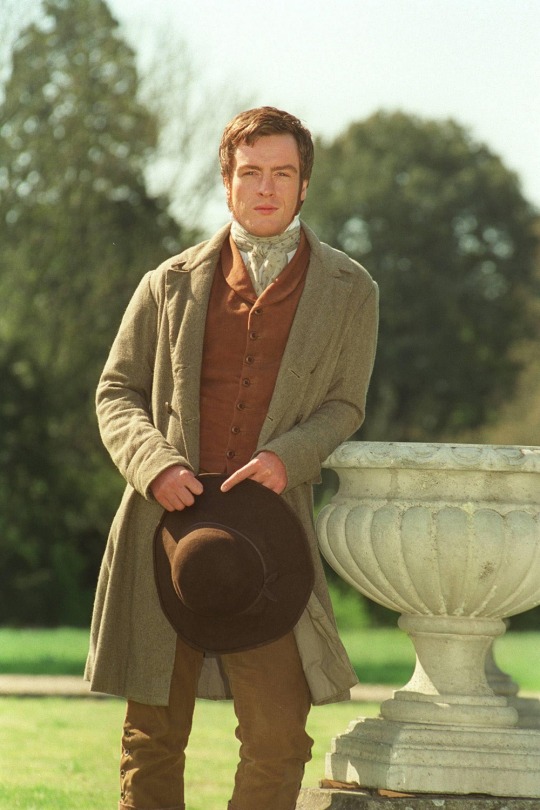
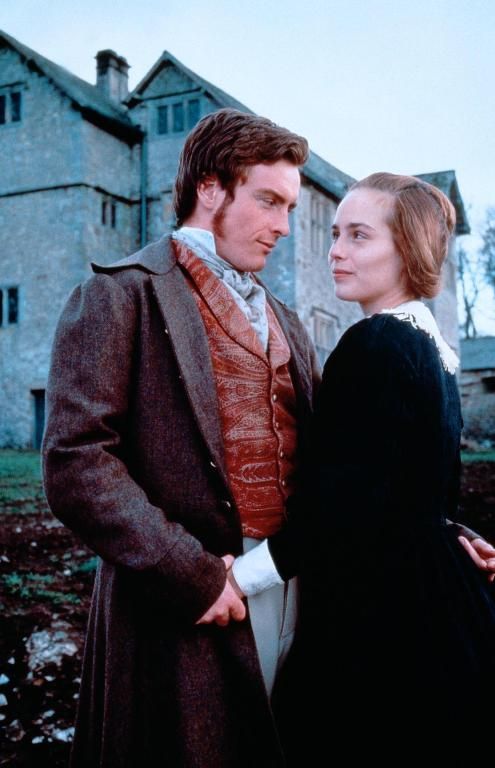
"The Tenant of Wildfell Hall" 1996 version starring Tara Fitzgerald as Helen and Toby Stephens as Gilbert.
#the tenant of wildfell hall#anne bronte#tenant of wildfell hall#tara fitzgerald#toby stephens#helen hundington#gilbert markham#the tenant of wildfell hall 1996
89 notes
·
View notes
Text

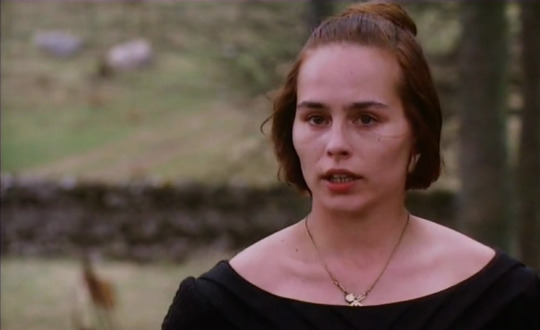
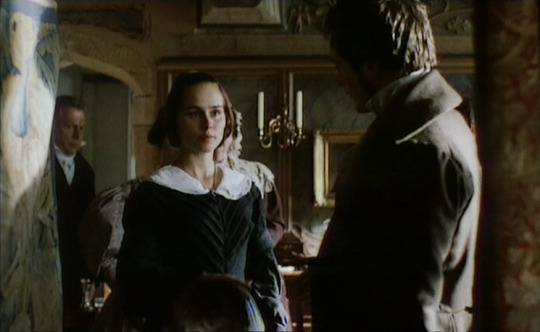
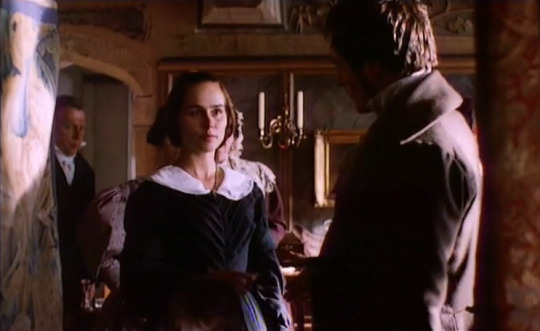

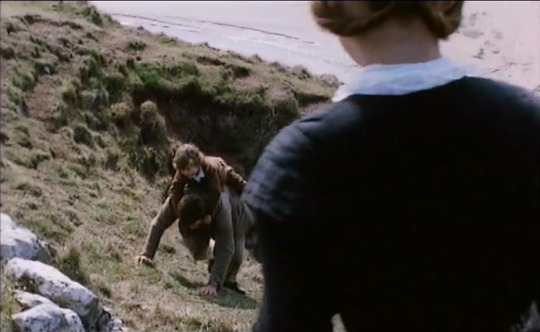
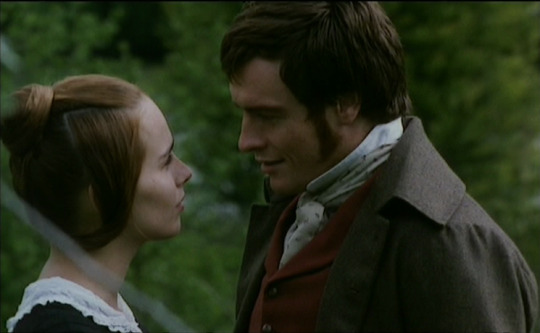
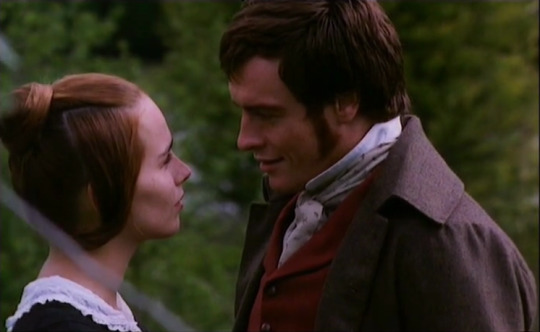
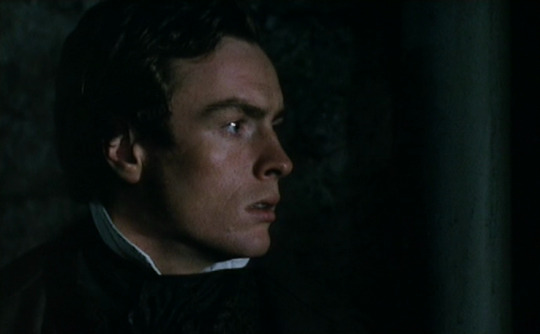

Today in "was this always meant to be greenish, is the BBC shit at doing transfers of old stuff, do I make people look too pink or all of the above?" The Tenant of Wildfell Hall (1996)
#coloring#dvd transfers#The Tenant of Wildfell Hall 1996#The Tenant of Wildfell Hall#Anne Brontë#adaptations#Toby Stephens#Tara Fitzgerald
33 notes
·
View notes
Text
"THE TENANT OF WILDFELL HALL" (1996) Review
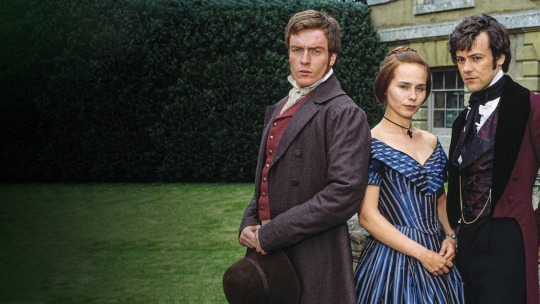
"THE TENANT OF WILDFELL HALL" (1996) Review
I cannot count the number of times I have seen either movie or television adaptations of either Charlotte Brontë's 1847 novel, "Jane Eyre" or Emily Brontë's novel of the same year, "Wuthering Heights". There was also a third sister who was also a novelist, namely Anne Brontë. She had also written a famous novel. Published in 1848, it was titled "The Tenant of Wildfell Hall".
Despite the novel's success upon its publication, the reputation of "The Tenant of Wildfell Hall" seemed to have faded over the years . . . to the point that many literary critics had developed a dismissive attitude toward it by the early 20th century. However, the novel's reputation has grown considerably during the last decades of the 20th century. Although there have been references to Brontë's novel during this later period, there have been only two on-screen adaptations of the novel by the BBC - a four-part miniseries in 1968 and a three-part miniseries in 1996. I have yet to see the 1968 production, but I have seen the more recent miniseries at least three times. After my latest viewing, I decided to write a review.
"THE TENANT OF WILDFELL HALL" begins with the arrival of a mysterious woman in black named Mrs. Helen Graham and her young son Arthur at Wildfell Hall, an Elizabethan manor located in Yorkshire. Helen is determined to establish an independent existence as an artist in order to support herself and Arthur. Due to her aloof and blunt manner, her new neighbors become determined to pry into her private life and learn everything about her. Only one neighbor, an attractive local farmer named Gilbert Markham manages to befriend her. But when Helen becomes aware of the growing attraction between her and Gilbert, she decides to reveal the truth about her past. Gilbert learns from reading her diary that she had fled from her husband, who is an alcoholic landowner. He also happens to be an abusive spouse, a womanizer, and a destructive influence on their young son.
As far as I know, there have been three previous Brontë productions in which its narratives were conveyed in a non-linear fashion - "WUTHERING HEIGHTS" (1939), "JANE EYRE" (2006) and "JANE EYRE" (2011). However, both Emily and Charlotte Brontë wrote their respective novels with linear narratives. Anne Brontë did not . . . at least for her 1848 novel. The story began from Gilbert Markham's point-of-view in a series of letters to a friend and his diary. The novel's middle narrative shifted from Gilbert to Helen's POV, as Gilbert learns the truth about her background and troubled marriage through the diary she gave him to read. The only difference between Brontë's novel and the 1996 miniseries is that screenwriter David Nokes began the story from Helen's point-of-view with her arrival at Wildfell Hall. Throughout the first episode, the narrative's POV shifted between Helen and Gilbert, with the occasional foray to another supporting character - especially Gilbert's mother or sister. Once the narrative shifted toward Helen's past history with Arthur Huntingdon in the second episode, she became the narrative's sole narrator until the third episode. Many movie and television productions have proven incapable of shifting time periods, let alone narrators with such ease.
Yet, there is another aspect of "THE TENANT OF WILDFELL HALL" that I found even more remarkable than its narrative structure - namely the story itself. Do not mistake me . . . I have enjoyed the numerous adaptations of "Wuthering Heights" and "Jane Eyre". But thanks to Anne Brontë's novel and David Nokes' screenplay, I prefer "THE TENANT OF WILDFELL HALL" over the other Brontë adaptations I have seen. I thought Nokes did an excellent job in capturing Brontë's tale about a young woman who had endured a toxic marriage and found herself struggling to put her memories behind her and eventually, facing them. Unlike her sisters Emily and Charlotte, Anne did not appease her readers with some Byronic hero whom the heroine either saves or reunite with in the afterlife. If I may say so, neither Gilbert Markham or Arthur Huntingdon struck me as Byronic. Gilbert struck me as an earthy, hot-tempered and slightly spoiled young man. His acquaintance and eventual romance with Helen forced him to mature. Arthur originally struck me as a dashing rogue, whose wit and managed to win Helen's hand in marriage. Yet, that wit and charm hid unfaithful and at times, vicious drunk who failed to overcome his addiction and insecure nature. We finally have Helen Graham/Huntingdon, whose character arc underwent quite a journey. The story began with a portrayal of Helen as this slightly hard, reserved and blunt woman who seemed leery of forming relations with her new neighbors - including Gilbert. Through the flashbacks from the second and third episodes, audiences learn how Helen had developed from a naive and slightly sanctimonious eighteen-year-old debutante to that blunt and paranoid mother of a five-year-old son.
What I truly liked about Anne Brontë's tale is that she did not pull any punches in her portrayal of Helen's experiences as Mrs. Arthur Huntingdon. Nor did she make any attempt to whitewash Helen's fear, sense of betrayal at Arthur's infidelity or her disappointment over her failure to transform him into a better man. What impressed me even further is that screenwriter David Nokes and director Mike Barker did more than justice to Brontë's novel. Both did an excellent job of recapturing trauma Helen must have experienced as a woman trapped in an abusive marriage. I also have to compliment both director and screenwriter for their treatment of Helen's experiences with her new neighbors near Wildfell Hall, as she dealt with their resentment toward her aloof manner and their vicious gossip. And I must admit that I really enjoyed how Helen's relationship with the earthy Gilbert Markham and the lively manner in which they developed from polite neighbors to close friends and potential lovers. More importantly, neither Helen nor Gilbert was portrayed as perfect.
I must confess that my only issue with the narrative was the ending. Brontë's novel ended with Gilbert erroneously suspecting that Helen had married Frederick Lawrence, her "landlord", following Arthur's death. Mind you, I did not care for that ending, which I found it a shallow and overused trope in many romance stories. David Nokes solved that problem by revealing Mr. Lawrence's true identity by the end of Episode 1. Unfortunately, he also repeated this same trope by having Helen suspect that Gilbert was about to marry his former love interest following her return to Wildfell Hall. Sigh. It was the same minor, yet shallow crap, but with a different character. Oh well . . . nothing is perfect.
I have no problems with the production values for "THE TENANT OF WILDFELL HALL", save for one issue. I thought production designer Sarah Greenwood did an excellent job in re-creating the two Yorkshire communities during the 1820s in this miniseries. Daf Hobson's cinematography, Sarah Jane Cornish's art direction and the series' art department certainly added to the authenticity of Greenwood's work. I was especially impressed by Jean Speak's hair and makeup work and Rosalind Ebbutt's costume designs, as shown in the images below:


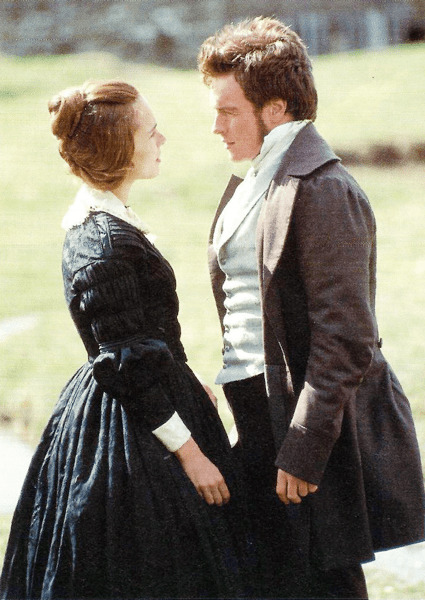
Needless to say, Greenwood, Hobson, Speak and Ebbutt all earned BAFTA (British Academy of Film and Television Arts) nominations. Only Speak won. That one issue I had with the three-part miniseries centered around its film. I had no problems with Hobson's photography. But I had a problem with the film stock used for this production. I hate to say this, but I believe the color for the 1996 miniseries is in danger of fading in the coming years, unless the BBC can do something to save it. I wonder what kind of film Hobson or perhaps the BBC used for this production. I have noticed similar problems for other BBC productions during the 1990s.
Regardless of Nokes' excellent adaptation and Barker's direction, I feel this production would not have worked without the excellent performances that dominated it. "THE TENANT OF WILDFELL HALL" featured some strong performances from the likes of Kenneth Cranham, Aran Bell, Karen Westwood, and Miranda Pleasance who portrayed Helen's new tight-minded and conservative neighbors. Pam Ferris, Paloma Baeza and Joe Absolom gave first-rate performances as Gilbert's mother and two siblings. James Purefoy seemed to be very solid as Helen's "landlord", Frederick Lawrence. Livelier performances came from those who portrayed Arthur's predatory friends - Sean Gallagher, Jonathan Cake, Cathy Murphy and especially Beatie Edney, whose Annabella Lowborough struck me as deliciously corrupt. Dominic Rowan did an excellent job in portraying the more complicated Lord Lowborough, who proved to be repelled by his friends and wife's behavior. I thought Sarah Bidel gave the most poignant performance as Helen's loyal friend and caregiver, Rachel. Young Master Arthur Huntingdon proved to be the second role in Jackson Leach's short career. Eight to nine years old at the time, I thought he gave an excellent performance as the young Arthur, torn between his parents' influence.
"THE TENANT OF WILDFELL HALL" not only benefited from a strong supporting cast, but also from superb performances by the three leads. Rupert Graves gave one of his best performances as Helen's alcoholic and abusive husband, Arthur Huntington. What I admired about Graves' performance was that he did not portray Arthur as some one-note villain. His Arthur was charming, witty, romantic, cold, dismissive, manipulative and yes . . . scary. In the end, Graves also managed to convey how pathetic Arthur was at his core. One would think Toby Stephens had it easier as Helen's true love interest, Gilbert Markham. Fortunately, Brontë's portrayal of Gilbert proved to be more complex. The production's casting director had been smart enough to hire a superb actor like Stephens who brought out the best and worst of Gilbert's character without making audiences question Helen's attraction to him. Tara Fitzgerald deserved top honors for her portrayal of the story's protagonist, Helen Graham (aka Huntington). I thought she did a superb job of conveying Helen's emotional journey from a naive debutante who fell in love with the wrong man, to a wiser, yet strong-willed young mother, whose past history with an abusive mother had led her to become somewhat paranoid and brusque with her neighbors. Yet, Fitzgerald also managed to retain Helen's capability for love through the character's relationship with her son and her burgeoning romance with Gilbert. It is a pity that none of the leads - Fitzgerald, Stephens or Graves had received any accolades or nominations for their performances.
What else can I say about "THE TENANT OF WILDFELL HALL"? Nothing really. Yes, I found the romantic misunderstanding from the ending a little old and cliched. And yes, I believe the film that the miniseries was shot with in danger of fading. But if I must be brutally honest, I believe this adaptation of Anne Brontë's novel to be one of the best costume productions from the 1990s, let alone the past three or four decades, thanks to David Nokes' screenplay, Mike Barker's direction and a superb cast led by Tara Fitzgerald. Hell, I will go even further and state that this version of "THE TENANT OF WILDFELL HALL" might be my favorite adaptation of any Brontë novel.

#the tenant of wildfell hall#the tenant of wildfell hall 1996#mike barker#anne bronte#bronte sisters#tara fitzgerald#toby stephens#rupert graves#beatie edney#James Purefoy#paloma baeza#pam ferris#jonathan cake#dominic rowan#joe absolom#kenneth cranham#sarah bedel#sean gallagher#jackson leach#cathy murphy#susannah wise#karen westwood#janet dale#period drama#period dramas#costume drama
29 notes
·
View notes
Text
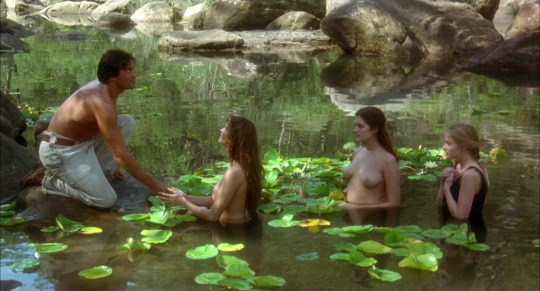

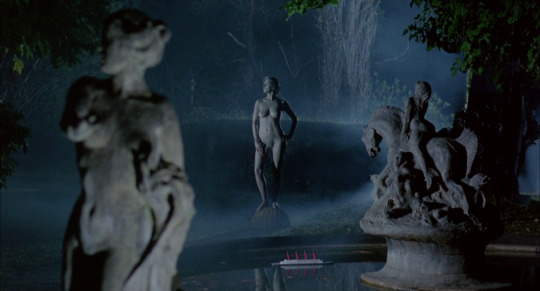
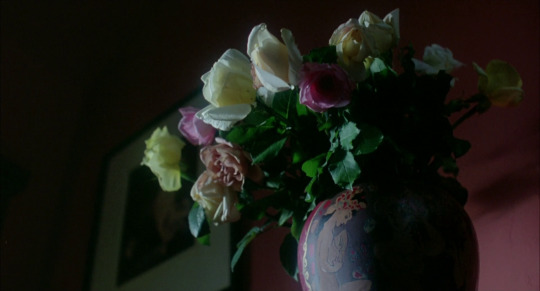

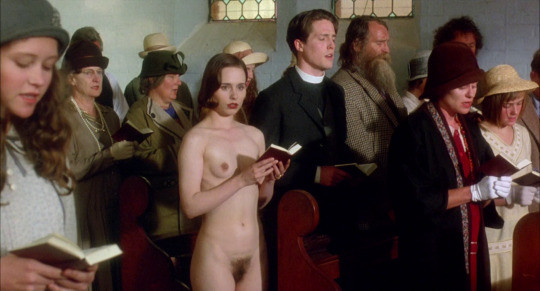
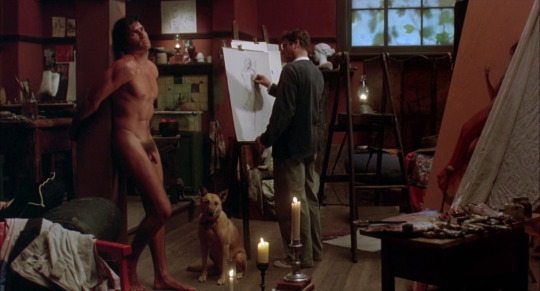

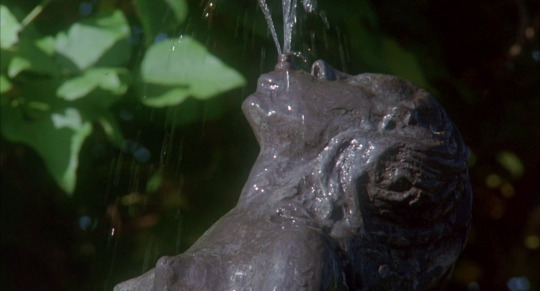
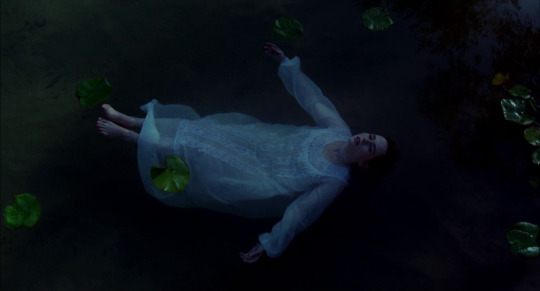
Sirens (1994) | dir. John Duigan
#sirens#john duigan#tara fitzgerald#elle macpherson#portia de rossi#kate fischer#mark gerber#hugh grant#films#movies#cinematography#screencaps
70 notes
·
View notes